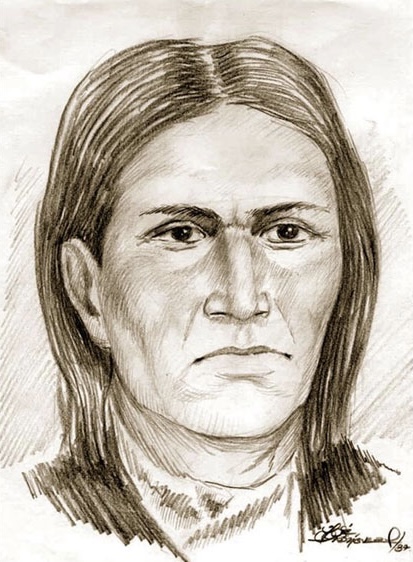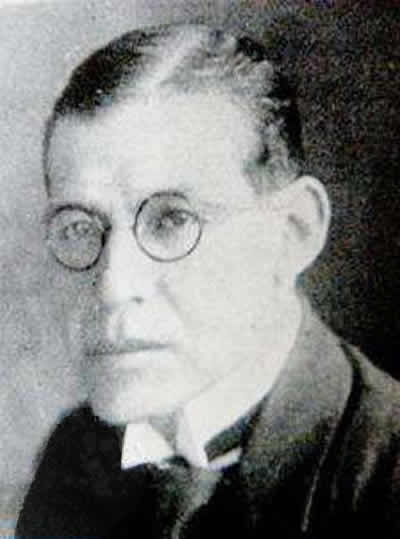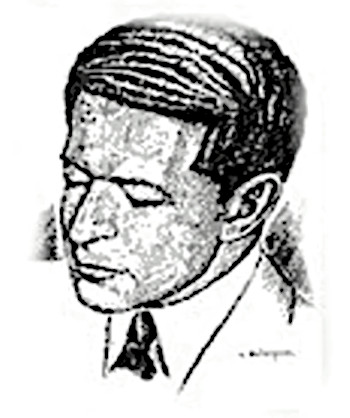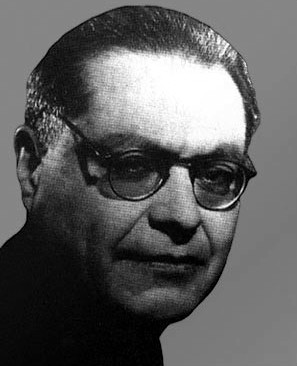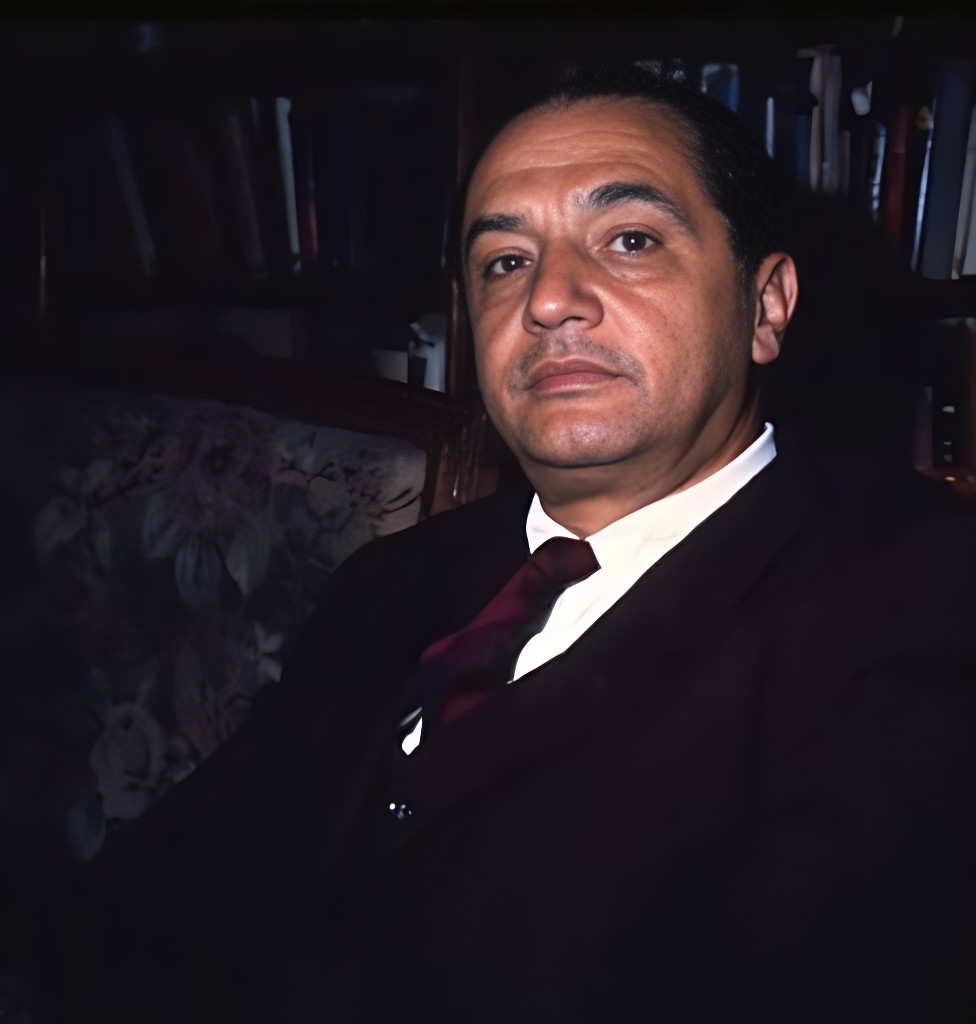Luis E. Falconí Hidalgo (Guaranda, July 14, 1910 – September 1, 1989) was an Ecuadorian writer and poet known for his contributions to indigenista literature and his dedication to promoting culture in Bolívar Province. Educated in Guaranda and Quito, Falconí published novels such as Así Nació el Día (1958), a work rooted in Ecuadorian landscapes and indigenous themes, and La Casa Encantada (1981), which explores local legends. He also wrote children’s poetry, winning national recognition in 1980. His work was supported by institutions like the Casa de la Cultura Ecuatoriana, cementing his legacy in Ecuadorian literature.
Continue reading “Luis E. Falconí Hidalgo”Category: Indigenista writers
Jacinto Collahuazo
Jacinto Collahuazo (Otavalo, 1665 – 17??) was a cacique (indigenous political leader) from Otavalo, Ecuador. He was a poet and historian who was imprisoned by the Spanish for having written a book in Quechua related to the war between Huáscar and Atahualpa titled, “History of the civil wars of Atahualpa and his brother Atoco, known commonly as Huascar Inca.” His work was burned publicly by the Magistrate of Ibarra and he was sentenced to jail, where he spent his last days. He is considered the first Ecuadorian indigenous chronicler. He lived past 80 but his exact date of death is unknown.
Continue reading “Jacinto Collahuazo”Sergio Nuñez
Sergio Núñez Santamaría (Santa Rosa, Ambato, October 7, 1896 – Quito, 1982) was a novelist, short story writer, poet, playwright, literary critic and pedagogue. As a poet, he wrote in verse and prose, and was greatly influenced by the modernismo literary movement of Ruben Dario of Nicaragua. In 1918 he published his first poetry book, “Hostias de fuego,” with a prologue by Medardo Ángel Silva. He belonged to the “30 Generation,” a group of authors from the 1930’s Ecuador who used social realism in their fiction to denounce how Indians were treated in Ecuador. His novellas “Juego de hacienda” and “Circunferencia” are considered Indigenista fiction. A private school in Guayaquil bears his name.
Continue reading “Sergio Nuñez”Alfonso Cuesta y Cuesta
Alfonso Cuesta y Cuesta (Cuenca, Ecuador, 1912 – Mérida, Venezuela, 1991) was an Ecuadorian novelist, short story writer, poet and university professor. At the Central University of Venezuela he studied law, philosophy and literature, later earning postgraduate degrees in Santiago, Chile and Madrid, Spain. He taught high school level when he returned to Cuenca, and later became rector of the prestigious Benigno Malo School. Around this time, he became known as a writer and formed the Elán group. His first poetry book was Motivos nuestro (1930) and his first book of short stories was Llegada de todos los trenes del mundo (1932), for which he is recognized as one of the best representatives of the indigenist movement in early 20th century Ecuadorian literature. In 1940 Cuesta again left Ecuador and moved to Caracas, Venezuela to teach at the high school named Liceo Fermín Toro, from there he went on to teach at the Central University of Venezuela, he also chaired the literature department at the Faculty of Philosophy and Letters of the University of the Andes.
Continue reading “Alfonso Cuesta y Cuesta”Fernando Chaves
Fernando Chaves Reyes (Otavalo, February 13, 1902 – Quito, 1999) was an Ecuadorian novelist, essayist, journalist, diplomat, and politician. He is best known for his novel Plata y bronce (1927), which pioneered the indigenist movement in Ecuadorian literature, depicting the social struggles of indigenous communities. His literary work influenced future generations, including Jorge Icaza, author of Huasipungo. In addition to his literary career, Chaves served as Ecuador’s ambassador to several countries and held the position of Minister of Education. In 1991, he was awarded the National Grand Cross of the Order of Merit.
Continue reading “Fernando Chaves”Jorge Icaza
Jorge Icaza Coronel (Quito, June 10, 1906 – Ibidem, May 26, 1978) is indisputably the most renowned Ecuadorian author of the 20th century. His impactful storytelling, exemplified in critically acclaimed novels such as “Huasipungo” and “El Chulla Romero y Flores,” presented an unflinching portrayal of Ecuadorian societal conditions, particularly the trials of indigenous and mestizo communities. Icaza’s “Huasipungo,” which brought the issue of rural exploitation to the global stage, has been translated into more than 15 languages, including two English versions, signifying his far-reaching influence. His status as Ecuador’s literary giant is not just confined to his homeland; his work has significantly shaped Latin American literature. His later role as Ecuador’s ambassador to Russia further exemplifies his multifaceted contributions. Icaza’s legacy has transcended time; his work continues to inspire and influence, marking him as a towering figure in Ecuadorian and Latin American literature of the 20th century.
Continue reading “Jorge Icaza”
